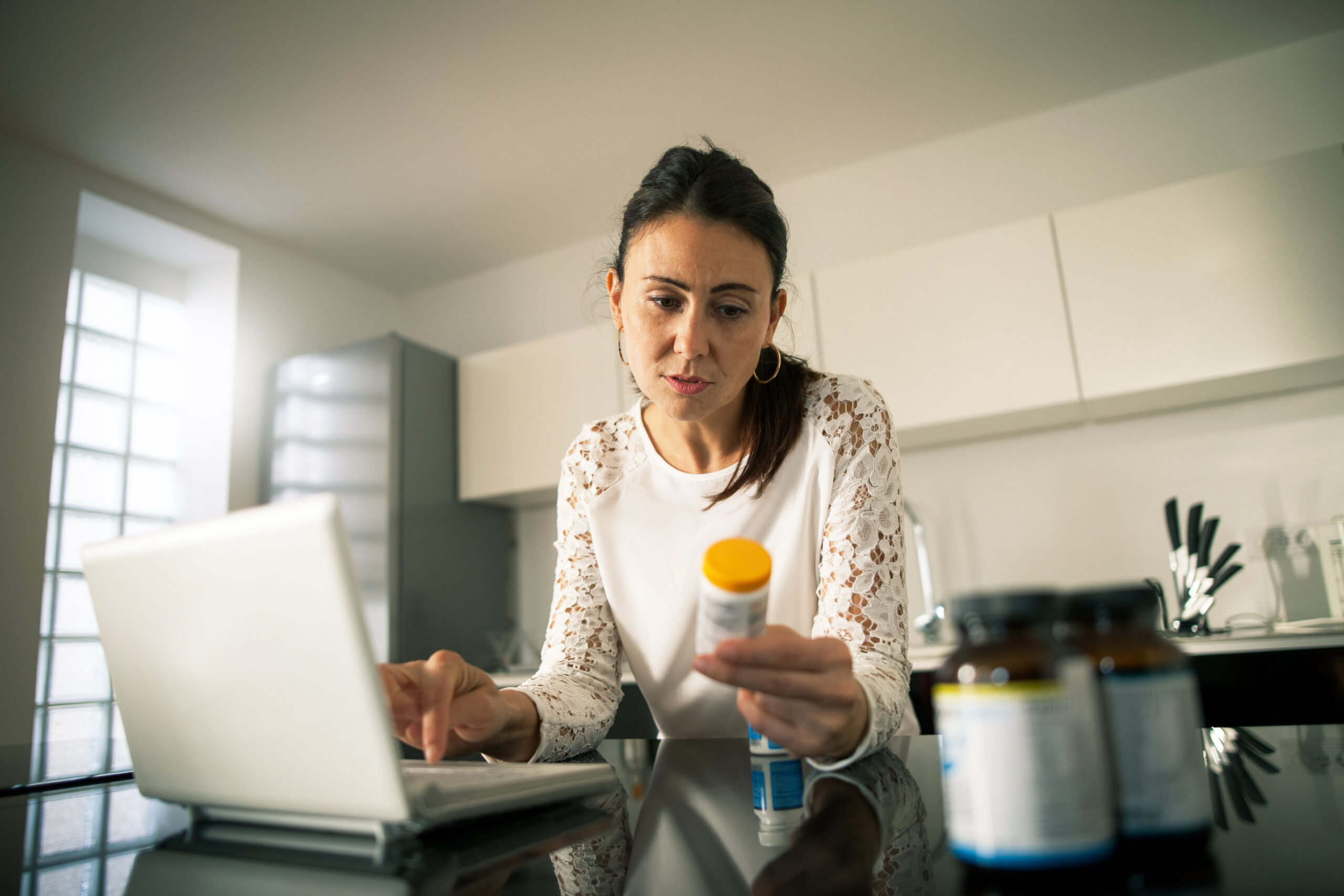© 2024 CSRXP- All Rights Reserved

SECOND OPINION: PHARMA-BACKED REBATE RULE WOULD HIKE SENIOR PREMIUMS, BOOST DRUG COMPANY PROFITS
Jul 22, 2021
Big Pharma Wants Implementation of Misguided Policy that Does Nothing to Lower Drug Prices, Increases Manufacturer Pricing Power
Big Pharma is unhappy over the prospect of lawmakers repealing the misguided Rebate Rule.
“Despite railing against high drug costs on the campaign trail, lawmakers are threatening to gut a rule that would provide patients meaningful relief at the pharmacy,” said a spokesperson for the Pharmaceutical Research and Manufacturers of America (PhRMA), according to POLITICO.
In reality, the Rebate Rule, if implemented, would do nothing to lower prescription drug prices, would hike health care premiums on America’s seniors, would cost taxpayers $200 billion and could even increase out-of-pocket costs.
So why is Big Pharma so eager to see this policy implemented and upset over discussions of its possible repeal? Because while the Rebate Rule would not actually do anything to lower drug prices, it would increase profits for brand name drug companies and eliminate the only real check on the pharmaceutical industry’s unilateral control over prices. The Rebate Rule is a key policy component of Big Pharma’s blame game strategy of dodging accountability for the industry’s egregious pricing practices and pointing a finger at others in the supply chain.
Here are the facts on the Rebate Rule:
The rule would do nothing to lower out-of-control prescription drug prices:
- Do Nothing To Lower Out-Of-Control Prescription Drug Prices: Government actuaries predict drug manufacturers will keep at least 15 percent of what they would have offered in rebates, in order to offset their increased share of covering the Medicare Part D “donut hole” as outlined in the Bipartisan Budget Act of 2018. Further, actuaries forecast drug prices increasing before finally leveling off, but do not foresee prices decreasing. (Center For Medicare & Medicaid Services Office Of The Actuary, Memo On Proposed Safe Harbor Regulation, 1/31/19)
It would increase premiums for Medicare Part D beneficiaries:
- Increase Premiums On American Seniors And Patients With Disabilities By Between 25 and 40 Percent: Analysts at the Congressional Budget Office (CBO), Centers for Medicare and Medicaid Services (CMS) and Avalere Health all agree that under the Rebate Rule, Medicare Part D premiums would increase between 25 and 40 percent. (Center For Medicare & Medicaid Services Office Of The Actuary, Memo On Proposed Safe Harbor Regulation, 1/31/19; Congressional Budget Office, Incorporating The Effects Of The Proposed Rule On Safe Harbors For Pharmaceutical Rebates In CBO’s Budget Projections, 5/2/19; Avalere Health, Costs for Taxpayers Could Skyrocket Under Proposed Rebate Rule, 4/8/19)
It could even increase Part D beneficiaries’ out-of-pocket costs:
- Increase Out-Of-Pocket Costs For Medicare Part D Beneficiaries: While there is widespread agreement the Rebate Rule would increase premiums, there is also the potential it would actually also increase out-of-pocket costs. In fact, analysts at Avalere Health found the Rebate Rule could increase out-of-pocket costs for Medicare Part D beneficiaries by as much as $36.5 billion. (Avalere Health, Costs for Taxpayers Could Skyrocket Under Proposed Rebate Rule, 4/8/19)
Its implementation would cost taxpayers at least $200 billion in increased spending:
- Cost American Taxpayers Between $200 Billion and $400 Billion Dollars: Analysts at the CBO, CMS and Avalere Health all agree the proposed rule would come at a tremendous cost to American taxpayers, with a price tag ranging from nearly $200 billion to more than $400 billion from 2020 to 2029, making it one of the most expensive regulations in U.S. history. (Center For Medicare & Medicaid Services Office Of The Actuary, Memo On Proposed Safe Harbor Regulation, 1/31/19; Congressional Budget Office, Incorporating The Effects Of The Proposed Rule On Safe Harbors For Pharmaceutical Rebates In CBO’s Budget Projections, 5/2/19; Avalere Health, Costs for Taxpayers Could Skyrocket Under Proposed Rebate Rule, 4/8/19)
And it would hand the pharmaceutical industry a more than $130 billion bailout in boosted revenues:
- Hand Big Pharma A $137 Billion Bailout – Rewarding Drug Companies’ Price Hikes And Anti-Competitive Tactics: Government analysis finds that under the rule, Big Pharma will keep the dollars they currently pay in rebates and use the rule as an opportunity to line their own pockets with an increased $137 billion in overall drug spending – a bailout rewarding their anti-competitive and price-gouging behavior — at a time when the industry is already receiving billions of dollars in support for research and development of COVID-19 treatments and vaccines. (Center For Medicare & Medicaid Services Office Of The Actuary, Memo On Proposed Safe Harbor Regulation, 1/31/19)
Lawmakers must cut through Big Pharma’s blame game rhetoric, repeal the Pharma-backed Rebate Rule and advance market-based solutions to lower prescription drug prices by holding brand name drug companies accountable.
Learn more about the misguided Rebate Rule HERE.
Read more on market-based solutions to hold Big Pharma accountable and lower prescription drug prices HERE.
